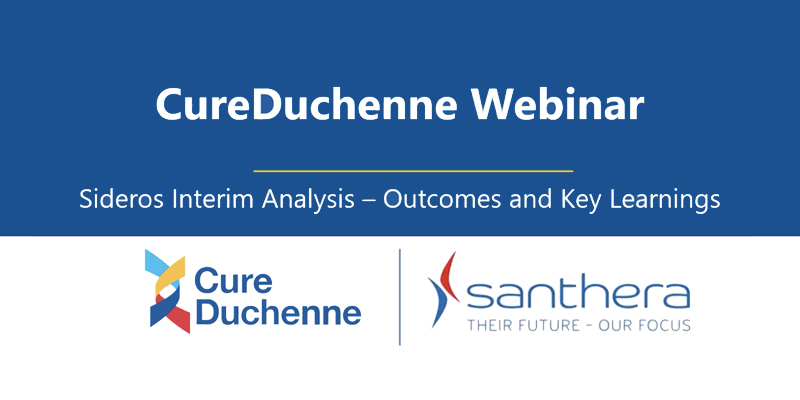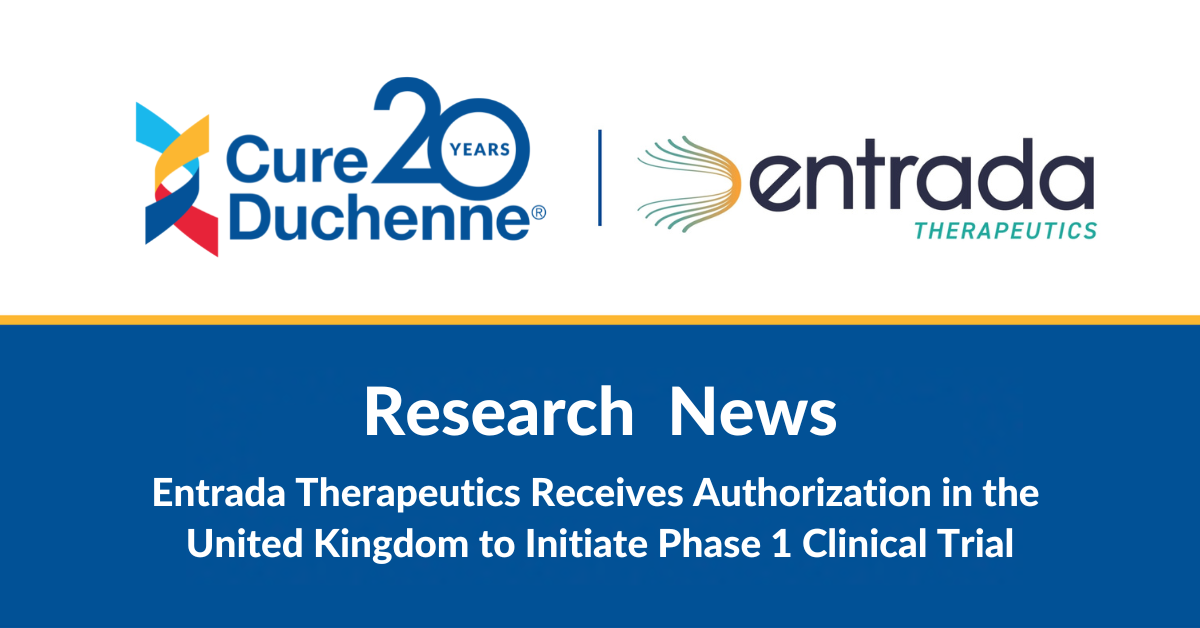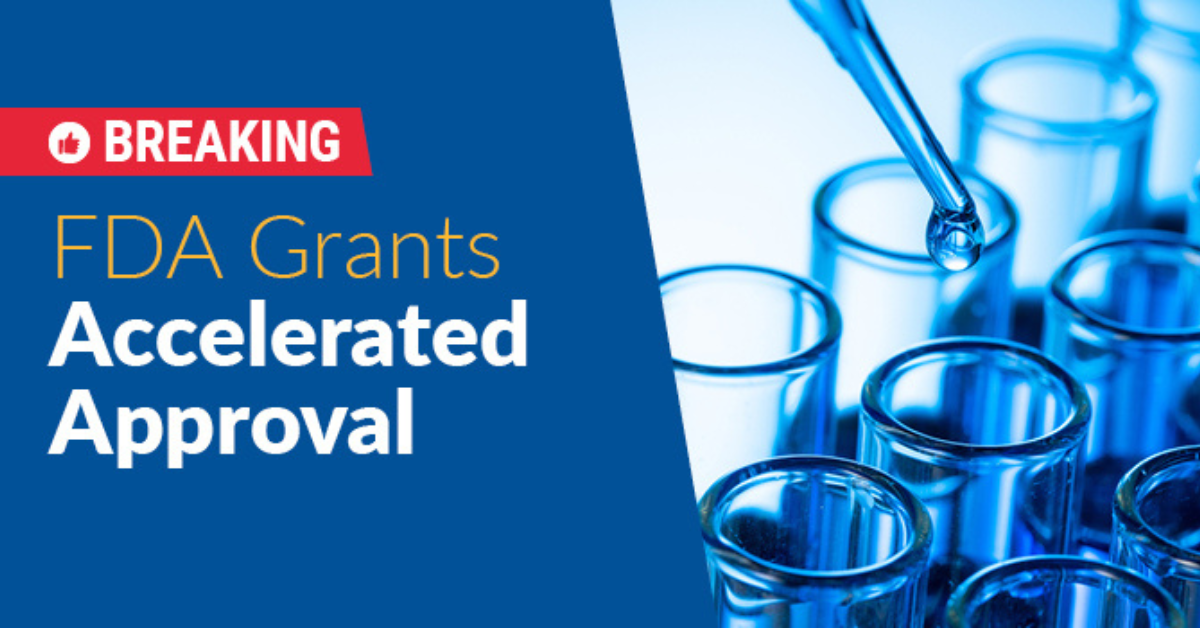SIDEROS Interim Analysis – Outcomes and Key Learnings

In October 2020, Santhera Pharmaceuticals announced the disappointing news that it was discontinuing its Phase 3 SIDEROS trial of Puldysa (idebenone) in Duchenne muscular dystrophy. The data from a pre-planned interim analysis concluded that the study was unlikely to meet its primary endpoint (which would be absolutely necessary in order for the drug to be approved). Therefore, Santhera decided to stop the trial.
Santhera’s Chief Medical Officer, Kristina Sjöblom Nygren, MD, recently held a webinar together with CureDuchenne, to present the data that led to that decision and answer questions from the community.
Dr. Nygren opened the webinar by describing that interim analyses are used to make decisions about a clinical trial while it is running, without compromising the integrity of the trial. The pre-decided statistical analyses are conducted by independent experts who then communicate their findings to the sponsors of the trial.
In the case of the SIDEROS trial, the analysis done by the independent board was to determine which of the following outcomes the data indicated:
- If the study already demonstrated, with overwhelming statistical support, that the drug was having positive effects, the study should be stopped early to make the therapeutic available to patients sooner.
- Continue the study as planned.
- If the interim data indicated the study had less than 20% chance of finding the drug had a clear benefit, the study should be stopped early due to futility.
For SIDEROS, the interim analysis indicated that the trial had less than a 4% chance of being successful, so the trial was stopped.
Santhera also looked at distinct subgroups of participants in the trial – such as older vs younger participants, US vs European, different types of steroid subgroups—and those analyses also indicated that idebenone did not provide benefit to subgroups of participants. This further supports the futility of the trial.
News like this always brings disappointment to the Duchenne community. Many families, clinicians, and researchers put a lot of time and effort into a clinical trial, with the hope for a successful outcome. Although it is most ethical to not continue a trial with such low chance of success–especially given the sacrifices families make to participate–it doesn’t make the news any less hard to hear.
CureDuchenne thanks Dr. Nygren and Santhera for taking the time to present their findings with the community directly, and their continued commitment to publish their findings for larger benefit.



